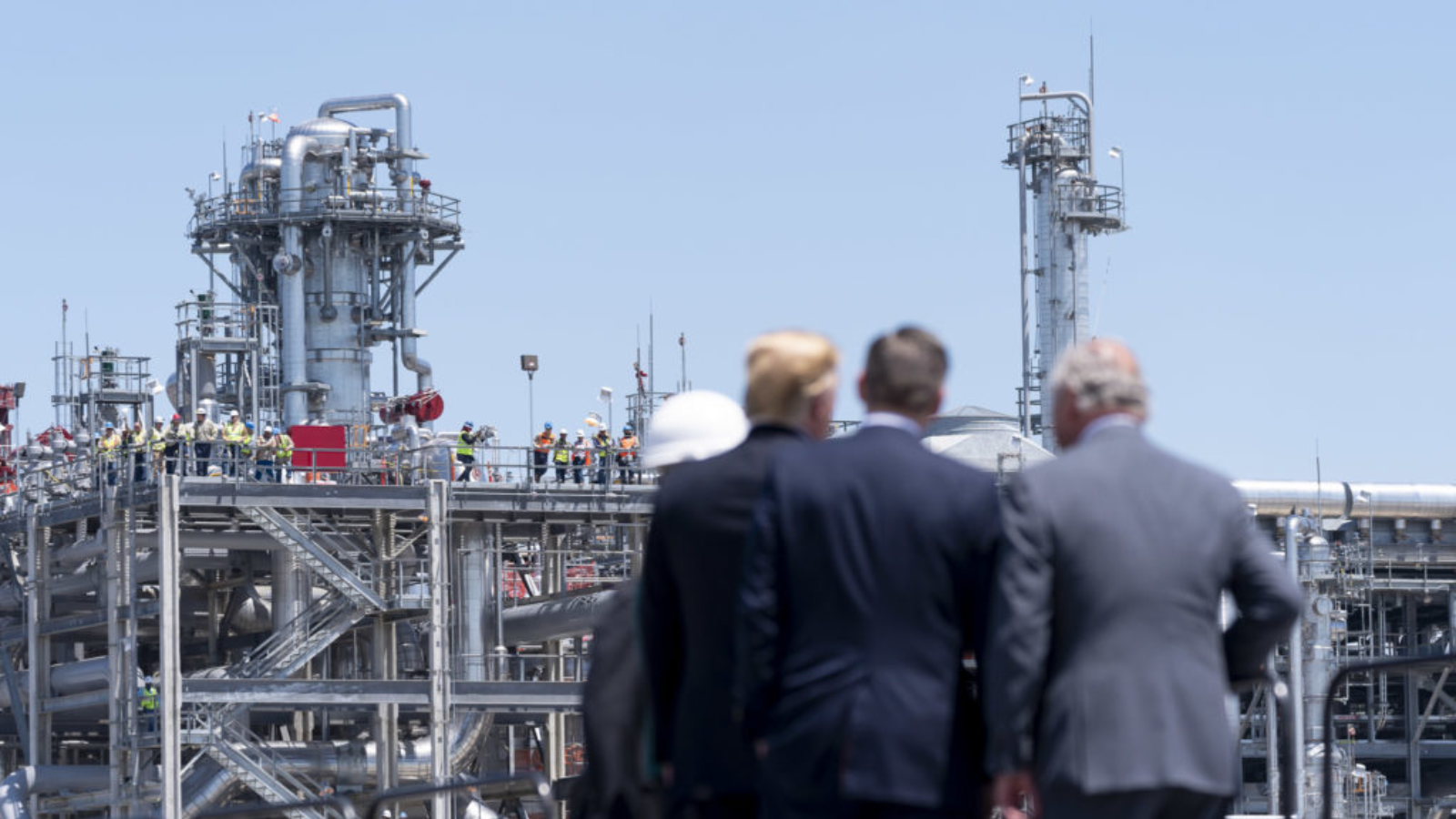In a recent Wall Street Journal opinion piece, former Ohio Congressman Tim Ryan decried President Biden’s recent decision to pause liquified natural gas (LNG) export authorizations. Ryan, tugging on heartstrings, claimed that LNG exports and other new avenues for natural gas buildout are a “crucial bridge to a clean-energy future.”
To hear well-paid gas industry lobbyists like Ryan tell it, burning natural gas is good for the climate. In fact, liquefying and exporting gas is even worse for the climate than burning coal.
It’s a scheme from the same industry that promised fracking would generate unprecedented job growth and prosperity in Appalachia. But that promise has never materialized. Since the beginning of the fracking boom in 2008, the twenty-two largest gas-producing counties in Ohio, Pennsylvania, and West Virginia have actually lost a combined 10,000 jobs and nearly 50,000 residents.
The truth is, LNG exports do nothing to help Americans. Instead, they drive up prices of everything from home heating to fertilizer. Gas exports cost US consumers over $100 billion from mid-2021 through 2022, partly due to overheating global markets and surging wholesale gas prices. Shipping US gas to higher-priced foreign markets is an excellent deal for Ryan and his bosses, but not so much for anyone else.
The US is already the world leader in gas exports. Biden’s pause is a smart move that gives Americans time to consider the impacts to our health, safety, and pocketbooks. Right now, all the evidence indicates that LNG is a rotten deal.

